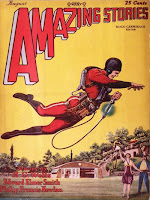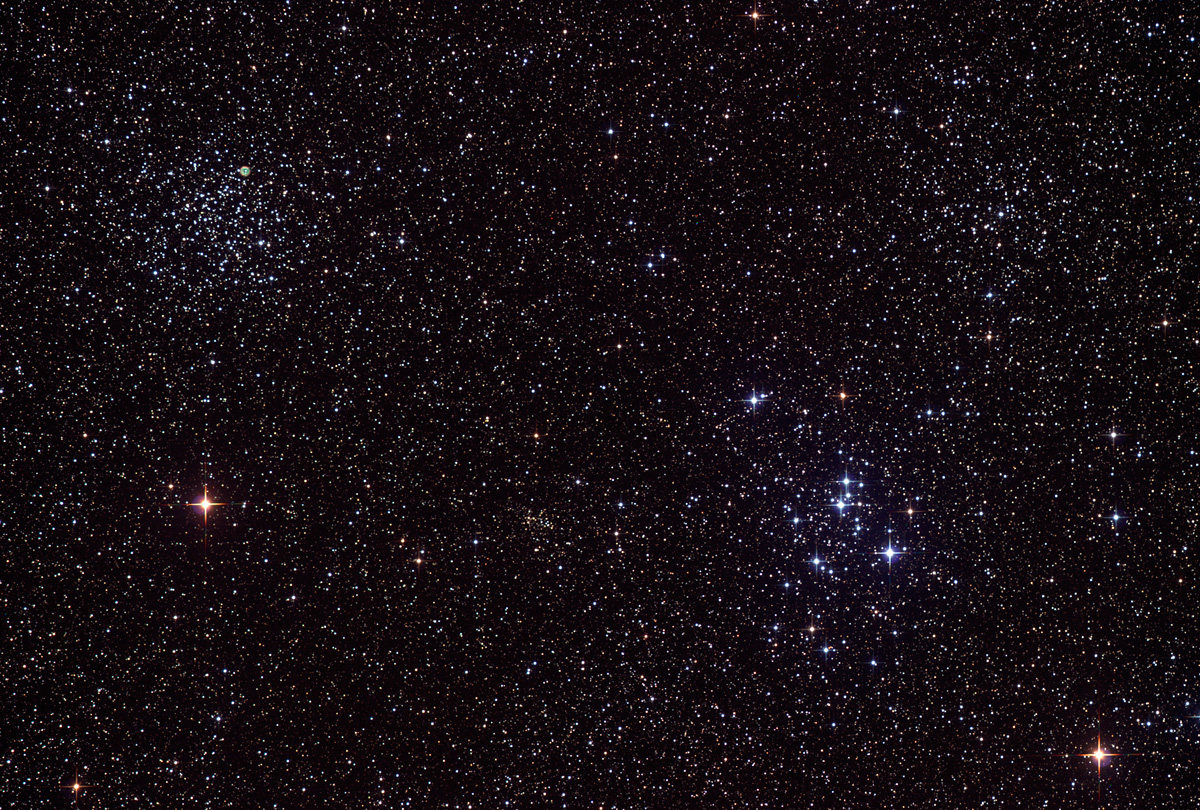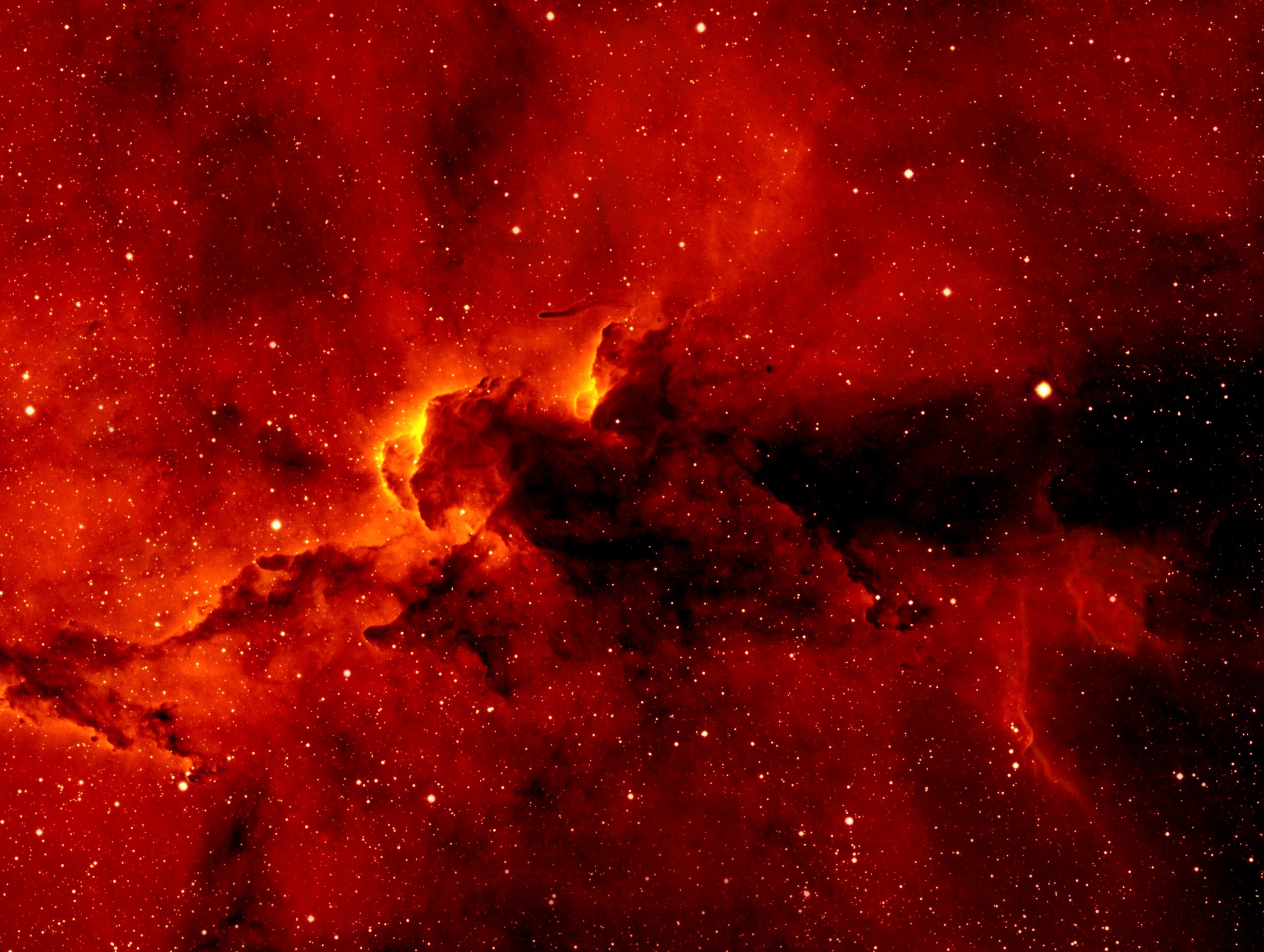Great books have great openings.
Actually, sometimes they start mundane and slowly build to a nail-biting climax. And sometimes they promise so much and fail to deliver. So perhaps I should rephrase my own opening:
Great selling books have great openings.
If you are standing in a bookshop and are toying with two or more tomes and cannot decide between them, then the opening passage is often the clincher.
Some authors excel at the opening and others just start telling the story. For me, a good opening should intrigue and entice; it should knock your perspective sideways a little, or a lot, and tell you that this book will say something new. It should have poetry, as well as prose, and a twist.
This is a personal list; I am sure that you can add more to it. Interestingly, some of my favourite books do not feature, and some others appear though I do not rate the rest of the work. It just goes to show that you cannot always judge a book by its cover, or its opening…
<<----------------------------------------------->>
Far out in the uncharted backwaters of the unfashionable end of the Western Spiral Arm of the Galaxy lies a small and unregarded yellow sun.
The Hitch Hiker’s Guide To The Galaxy – Douglas Adams
There is a theory which states that if ever anyone discovers exactly what the Universe is for and why it is here, it will instantly disappear and be replaced by something even more bizarre and inexplicable.
There is anther theory which states that this has already happened.
The Restaurant At The End Of The Universe – Douglas Adams
The regular early morning yell of horror was the sound of Arthur Dent waking up and suddenly remembering where he was.
Life, The Universe And Everything – Douglas Adams
It can hardly be a coincidence that no language on Earth has ever produced the expression “as pretty as an airport”.
The Long Dark Teatime Of The
Soul – Douglas Adams
It was a pleasure to burn.
It was a special pleasure to see things eaten, to see things blacken and changed. With the brass nozzle in his fists, with this great python spitting its venomous kerosene upon the world, the blood pounded in his head, and his hands were the hands of some amazing conductor playing all the symphonies of blazing and burning to bring down the tatters and charcoal ruins of history. With his symbolic helmet numbered 451 on his stolid head, and his eyes all orange flame with the thought of what came next, he flicked the igniter and the house jumped up in a gorging fire that burned the evening sky red and yellow and black. He strode in a swarm of fireflies. He wanted above all, like the old joke, to shove a marshmallow on a stick in the furnace, while the flapping pigeon-winged books died on the porch and lawn of the house. While the books went up in sparkling whirls and blew away on a wind turned dark with burning.
Montag grinned the fierce grin of all men singed and driven back by flame.
He knew that when he returned to the firehouse, he might wink at himself, a minstrel man, burnt-corked , in the mirror. Later, going to sleep, he would feel the fiery smile still gripped by his face muscles, in the dark. It never went away, that smile, it never ever went away, as long as
he remembered.
Fahrenheit 451 – Ray Bradbury
Arnold Potterley, PhD, was a Professor of Ancient History. That, in itself was not dangerous. What changed the world beyond all dreams was the fact that he looked like a Professor of Ancient History.
The Dead Past – Isaac Asimov
Once a guy stood all day shaking bugs from his hair. The doctor had told him that there were no bugs in his hair. After he had taken a shower for eight hours, standing under the hot water hour after hour suffering the pain of the bugs in his hair, he got out and dried himself, and he still had bugs in his hair; in fact, he had bugs all over him. A month later he had bugs in his lungs.
A Scanner Darkly – Philip K Dick
The little village of Obscurity is remarkable only for its unremarkableness. Passed over for inclusion in almost every publication from the Doomesday Book to Thirty Places Not Worth Visiting in Berkshire, the small hamlet is also a cartographic omission, an honour it shares with the neighbouring villages of Hiding and Cognito. Indeed, the status of Obscurity was once thought so tenuous that some of the more philosophically inclined residents considered the possibility that since the village didn’t exist then they might not exist either, and hurriedly placed ‘existential question of being’ on the parish council agenda, where it still resides, after much unresolved discussion, between ‘church roof fund’ and ‘any other business’.
The Fourth Bear – Jasper Fford
The sky above the port was the colour of a dead television, tuned to a dead channel.
Neuromancer – William Gibson
The island of Gont, a single mountain that lifts its peak a mile above the storm-racked Northeast Sea, is a land famous for wizards. From the towns in its high valleys and the ports on its dark narrow bays many a Gontishman has gone forth to serve the Lords of the Archipelago in their cities as a wizard or mage, or, looking for adventure, to wander working magic from isle to isle of all Earthsea.
A Wizard Of Earthsea – Ursula Le Guin
“Tonight we’re going to show you eight silent ways to kill a man.” The guy who said that was a sergeant who didn’t look five years older than me. So if he’d ever killed a man in combat, silently or other wise, he’d done it as an infant.
I already knew eighty ways to kill people, but most of them were pretty noisy. I sat up straight in my chair and assumed a look of polite attention and fell asleep with my eyes open. So did most everybody else. We’d learned that they never scheduled anything important for these after-chop classes.
The Forever War – Joe Haldeman
When the office door opened suddenly I knew that the game was up. It had been a money-maker – but it was all over. As the cop walked in I sat back in the chair and put on a happy grin. He had the same sombre expression and heavy foot that they all have – and the same lack of humour. I almost knew to the word what he was going to say before he uttered a syllable.
‘James Bolivar diGriz I arrest you on the charge –‘
I was waiting for the word charge, I thought it made a nice touch that way. As he said it I pressed the button that set off the charge of black powder in the ceiling, the crossbeam buckled and the three-ton safe dropped right on top of the cop’s head. He squashed very nicely, thank you. The cloud of plaster dust settled and all I could see of him was one hand, slightly crumpled. It twitched a bit and the index finger pointed at me accusingly. His voice was a little muffled by the safe and sounded a bit annoyed. In fact he repeated himself a bit.
‘…On the charge of illegal entry, theft, forgery –‘
The Stainless Steel Rat – Harry Harrison
As George Samsa awoke one morning from uneasy dreams he found himself transformed in his bed into a gigantic insect.
Metamorphosis – Kafka
It all began with the aurochs.
The Paradise War – Stephen Lawhead
It was a lifeless hulk – its back broken, its skin rent, its mammoth form half buried in the shifting sands of a mountainous dune – and it was even more beautiful than Jadzia Dax remembered.
Star Trek Destiny, The Gods Of Night – David Mack
Noe glances towards the heavens, something he does a lot these days. Scanning for clouds. None visible amid the stars, so he finishes urinating, shakes himself dry and makes his way back to the house. Inside, the wife pokes desultorily as a pot of stew hanging over a fire. It is late for supper; the others have eaten and retired to the sleeping room. Noe squats against one of the rough lime-washed walls and points at a terracotta bowl. He’s roughly six hundred years old: words are unnecessary.
The Flood – David Maine
When he woke in the woods in the dark and the cold of the night he’d reach out to touch the child sleeping beside him. Nights dark beyond darkness and the days more grey each one than what had gone before. Like the onset of some cold glaucoma dimming away the world.
The Road – Cormac McCarthy
Saunders had been dead for almost two weeks now and, so far, he hadn’t enjoyed a minute of it.
Red Dwarf – Grant Naylor
The most beautiful girl aboard turned out to have a husband with habits so solitary that I didn’t know about him until the second week. He was abut five feet four and middle-aged, but he wore a hellflare tattoo on his shoulder, which meant that he’d been in Kzin during the war thirty years back, which meant that he’d been trained to kill adult Kzinti with his bare hands, feet, elbows, knees, and whatnot. When we found out about each other, he very decently gave me a first warning, and broke my arm to prove that he meant it.
Flatlander – Larry Niven
In the night-time heart of Beirut, in one of a row of general-address transfer booths, Louis Wu flicked into reality.
His foot length queue was white and shiny as artificial snow. His skin and depilated scalp were chrome yellow; the irises of his eyes were gold; his robe was royal blue with a golden stereoscopic dragon superimposed. In the instant he appeared, he was smiling and waving. But the smile was already fading, and in a moment was gone, and the sag of his face was like a rubber mask melting. Louis Wu showed his age.
Ringworld – Larry Niven
There was a moment so short that it had never been successfully measured, yet always far too long. For that moment it seemed that every mind in the universe, every mind that had ever boon or that would ever be, was screaming its deepest emotions at him.
Then it was over. The stars had changed again.
The World of Ptavvs – Larry Niven
It was a bright cold day in April, and the clocks were striking thirteen.
1984 – George Orwell
During the whole of a dull, dark, and soundless day in the autumn of the year, when the clouds hung oppressively low in the heavens, I had been passing alone, on horseback, through a singularly dreary tract of country; and at length found myself, as the shades of evening drew on, within view of the melancholy House of Usher.
The Fall Of The House Of Usher – Edgar Allan Poe
The sun rose slowly, as if it wasn’t sure if it was worth the effort.
The Light Fantastic – Terry Pratchett
The Morris dance is common to all inhabited worlds in the multiverse.
It is danced under blue skies to celebrate the quickening of the soil and under bare stars because it’s springtime and with any luck the carbon dioxide will unfreeze again. The imperative is felt by deep-sea beings who have never seen the sun and urban humans whose only connection to nature is that their Volvo once ran over a sheep.
Reaper Man – Terry Pratchett
The wind howled. Lightning stabbed at the earth erratically, like an inefficient assassin. Thunder rolled back and forth across the dark, rain lashed hills.
The night was a dark as the inside of a cat. It was the kind of night, you could believe, on which the gods moved men as though they were pawns on the chessboard of fate. In the middle of this elemental storm a fire gleamed among the dripping furze bushes like the madness in a weasel’s eye. It illuminated three hunched figures. As the cauldron bubbled an eldritch voice shrieked: ‘When shall we three meet again?’
There was a pause.
Finally another voice said, in far more ordinary tones: ‘Well, I can do next Tuesday.’
Wyrd Sisters – Terry Pratchett
It was a dark, blustery afternoon in spring, and the city of London was chasing a small mining town across the dried-out bed of the old North Sea.
Mortal Engines – Phillip Reeve
The dead ship was a thing of obscene beauty.
Skade looped around it in a helical pseudo-orbit, her corvette’s thrusters drumming a rapid tattoo of corrective bursts. The starscape wheeled behind the ship, the system’s sun eclipsed and revealed with each loop of the helix. Skade’s attention had lingered on the sun for a moment too long. She felt an ominous tightening in her throat, the onset of motion sickness.
It was not what she needed.
Redemption Ark – Alastair Reynolds
One day the sky fell. Plates of ice crashed into the lake, and then started thumping on the beach. The children scattered like frightened sandpipers.
Green Mars – Kim Stanley Robinson
Juan Narcisco Ucanan went to his fate that Wednesday, and no one even noticed.
The Swarm – Frank Schatzing
In that pleasant district of merry England which is watered by the river Don, there extended in ancient times a large forest, covering the greater part of the beautiful hills and valleys which lie between Sheffield and the pleasant town of Doncaster.
Ivanhoe – Sir Walter Scott
There is in Uruk the city a great platform of kiln-baked brick that was the playing field of the gods, long before the Flood, in that time when mankind had not been created and their alone inhabited the Earth. Every seventh year for the past ten thousand years we have painted the bricks of that platform white with a plaster of fine gypsum, so that it flashes like a vast mirror under the eye of the sun.
Gilgamesh the King – Robert Silverberg
In a hole in the ground there lived a hobbit. Not a nasty, dirty, wet hole, filled with the ends of worms and an oozy smell, nor yet a dry, bare, sandy hole with nothing in it to sit down on or to eat: it was a hobbit-hole, and that means comfort
The Hobbit – JRR Tolkien
No one would have believed, that in the last years of the nineteenth century, that human affairs were being watched keenly and closely by intelligences greater than man’s and yet mortal as his own… Yet, across the gulf of space, minds that are to our minds as ours are to those of the beasts that perish, intellects vast and cool and unsympathetic, regarded this earth with envious eyes, and slowly and surely drew their plans against us.
The War Of The Worlds – HG Wells


















.jpg)

 "With the exception of the works of H. G. Wells, possibly those of Jules Verne – and almost no other writer – it has inspired more imitators and done more to change the nature of all the science fiction written after it than almost any other single work." – Frederik Pohl
"With the exception of the works of H. G. Wells, possibly those of Jules Verne – and almost no other writer – it has inspired more imitators and done more to change the nature of all the science fiction written after it than almost any other single work." – Frederik Pohl











